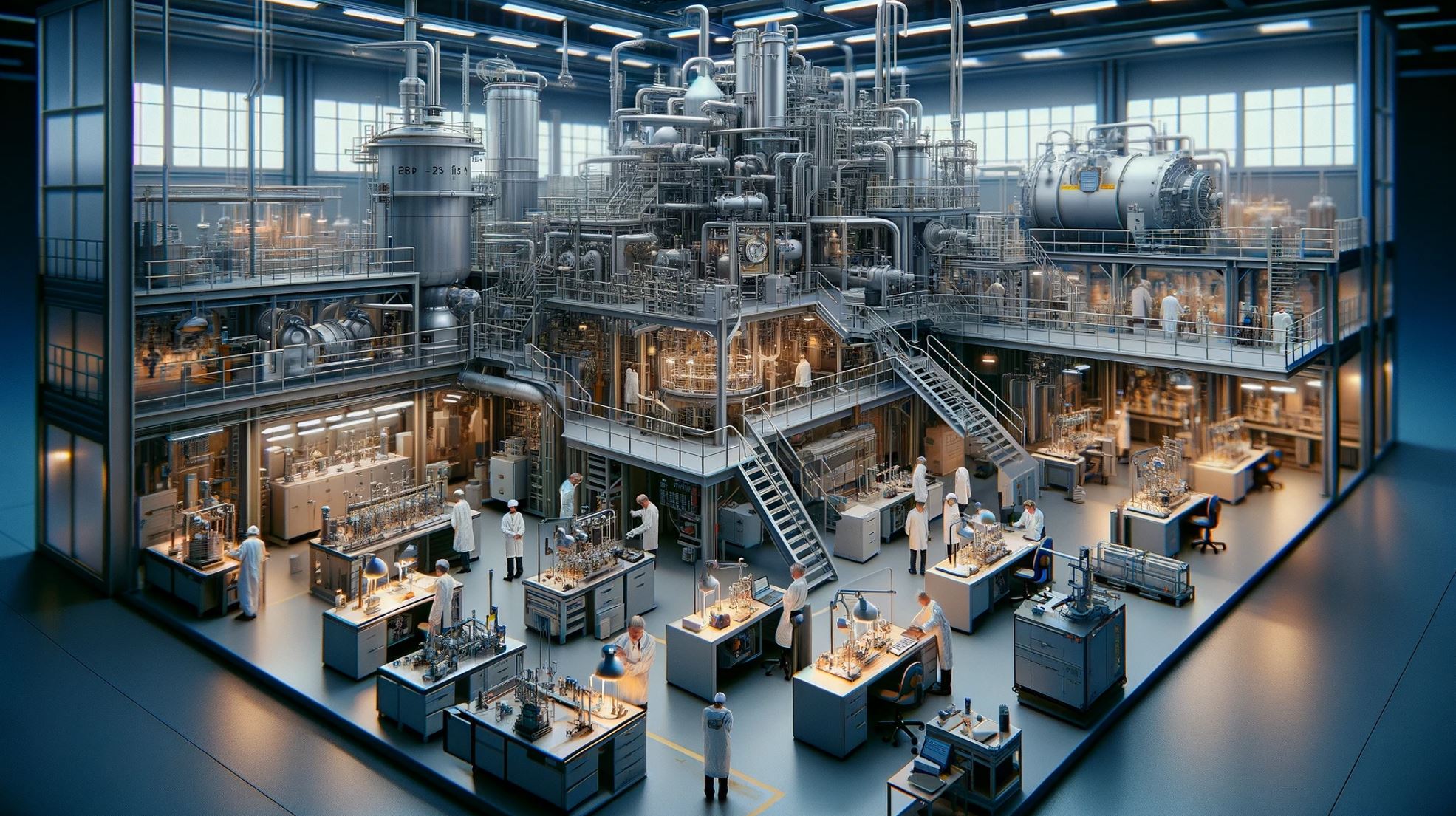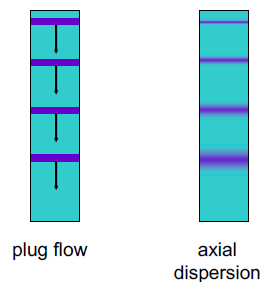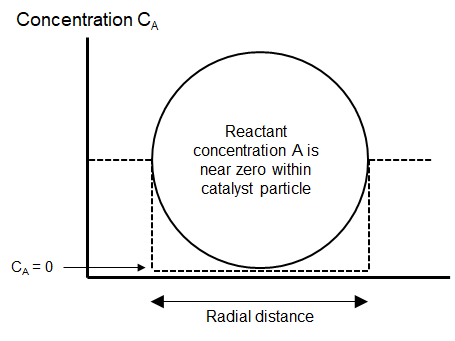

In catalyst development, laboratory and pilot plant are generally used for producing reliable information being applicable to scale up to commercial-scale reactor. Due to many reasons, lab- and pilot-scale tests are commonly carried out in isothermal operation. Uniformity of temperature is considerably important, because catalyst performance such as conversion, rate of reaction and selectivity can significantly change with relatively small difference of operating temperature.
The cause of non-isothermality of lab- and pilot-scale reactors can be distinguished as “axial and radial dispersions”. temperature gradients from axial and radial dispersion are mostly, frequently stronger than temperature gradient in catalyst particle, because heat transfer occurring within solid catalyst is heat conduction, but low heat convection surrounding catalyst via fluid is consequence of low mass throughput of lab- and pilot-scale design.
Recommendations












